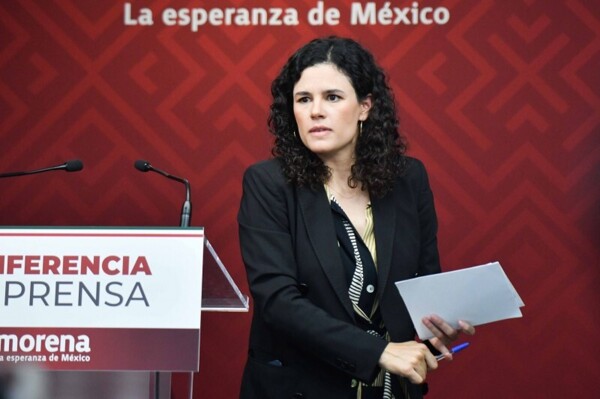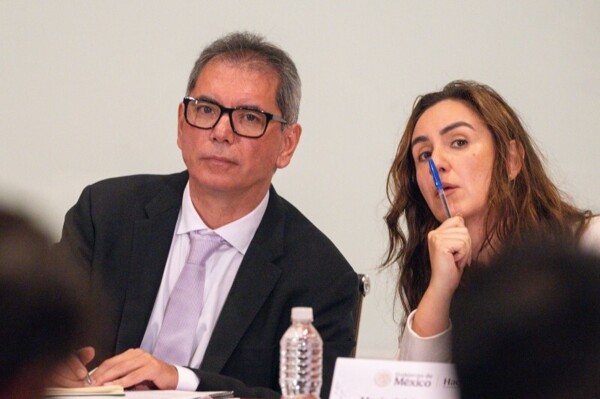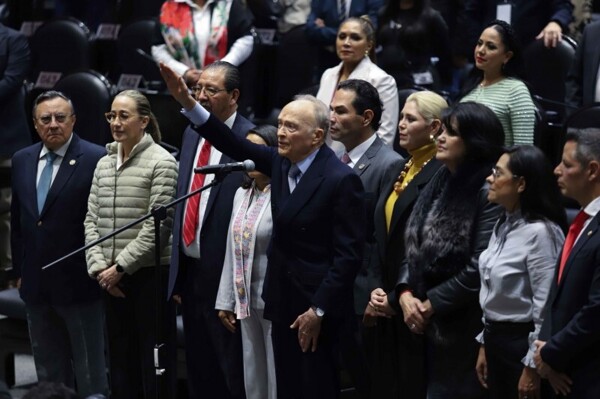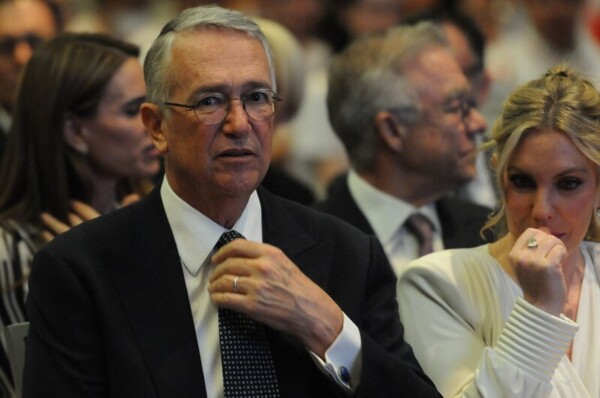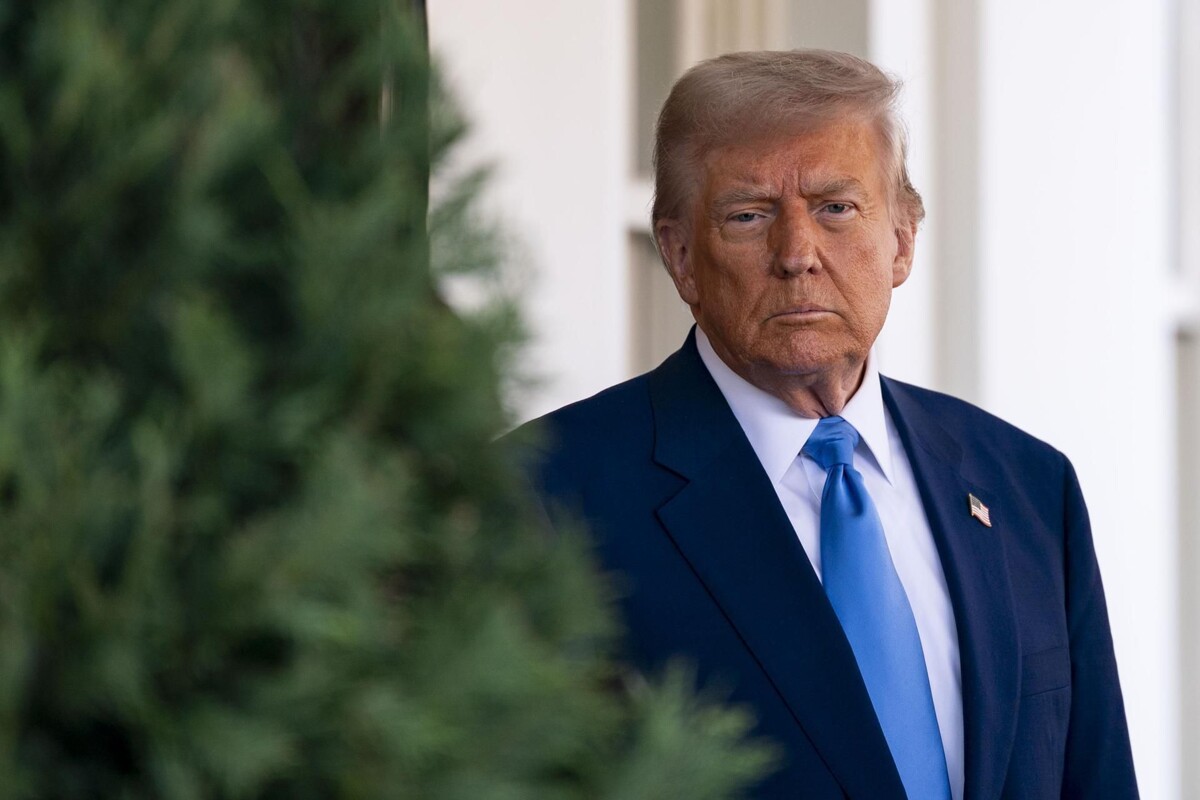
The Government of Mexico has deployed 10,000 national guards in its border cities in response to the tariff threat imposed by U.S. President Donald Trump. The latter has justified the tariffs as a measure against what he considers insufficient action by Mexico against fentanyl and human trafficking, committing to combat arms trafficking to Mexico as part of an agreement.
According to Claudia Sheinbaum's government, this situation has led to a strengthening of drug trafficking cartels, recently classified as terrorists by Trump. President Sheinbaum reported that the Secretary of Economy, Marcelo Ebrard, will continue negotiating with U.S. officials to prevent the imposition of tariffs. In Sheinbaum's words, "A team from the Secretary of Economy will remain in Washington, accompanied by some colleagues from the Secretary of Finance to work with the U.S. Department of Commerce to establish agreements."
For his part, Donald Trump announced his intention to implement reciprocal tariffs that would link U.S. tariffs to tariffs and barriers imposed on U.S. products by other countries. Furthermore, the president stated that the planned tariffs for Mexico and Canada would take effect in March, thus dismissing the possibility of a short-term agreement with Claudia Sheinbaum. Canada and Mexico have agreed to a one-month pause with Trump, strengthening surveillance at their respective borders with the U.S. in an effort to avoid the anticipated tariffs.
Amid these trade tensions, Trump expressed confidence that the tariffs will be applied as scheduled, asserting that "The tariffs will be applied on time, as expected" during a joint press conference with French President Emmanuel Macron at the White House.











